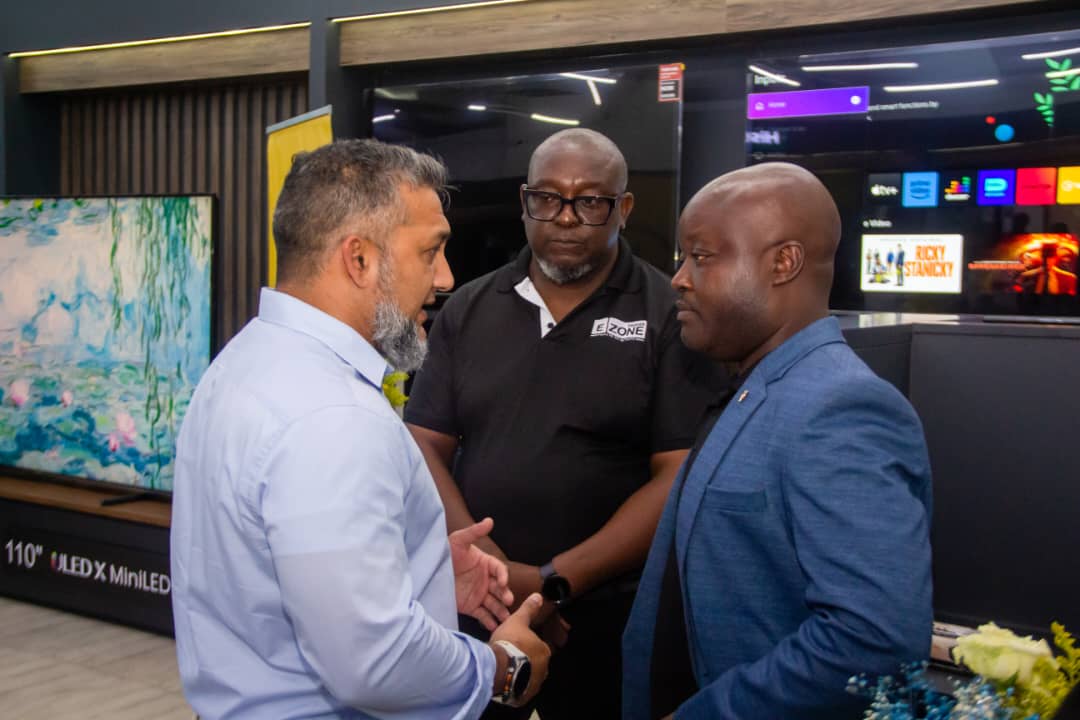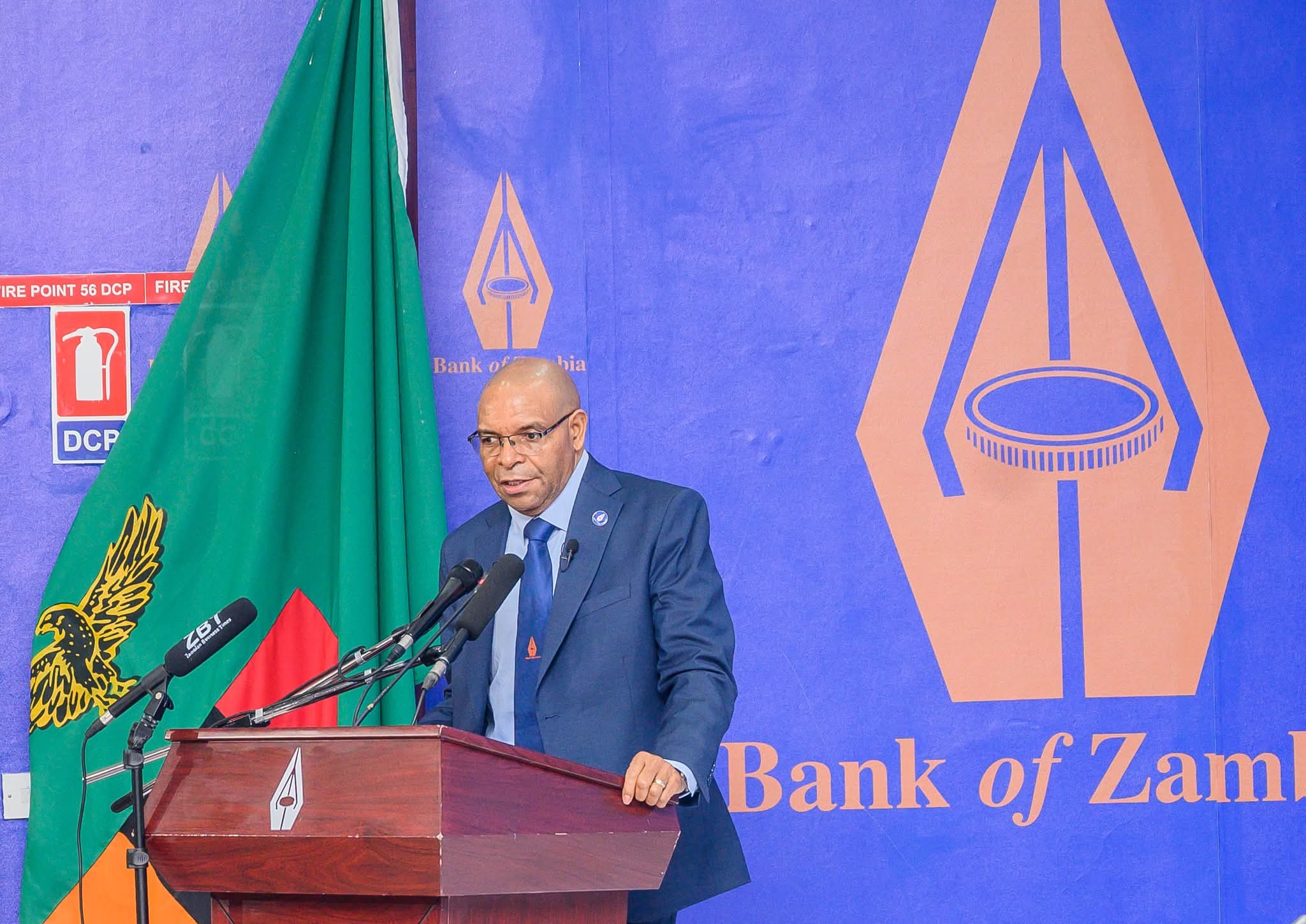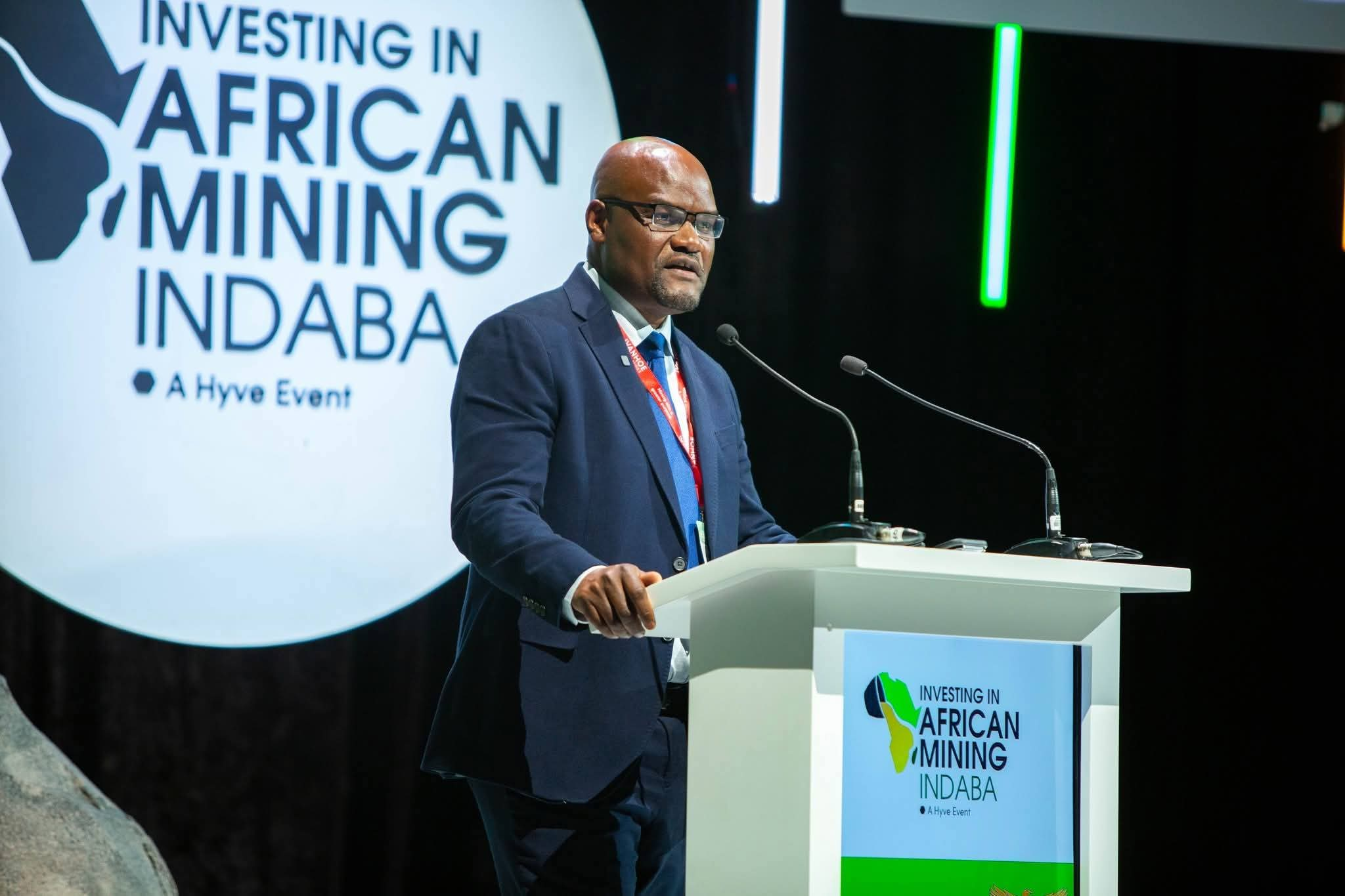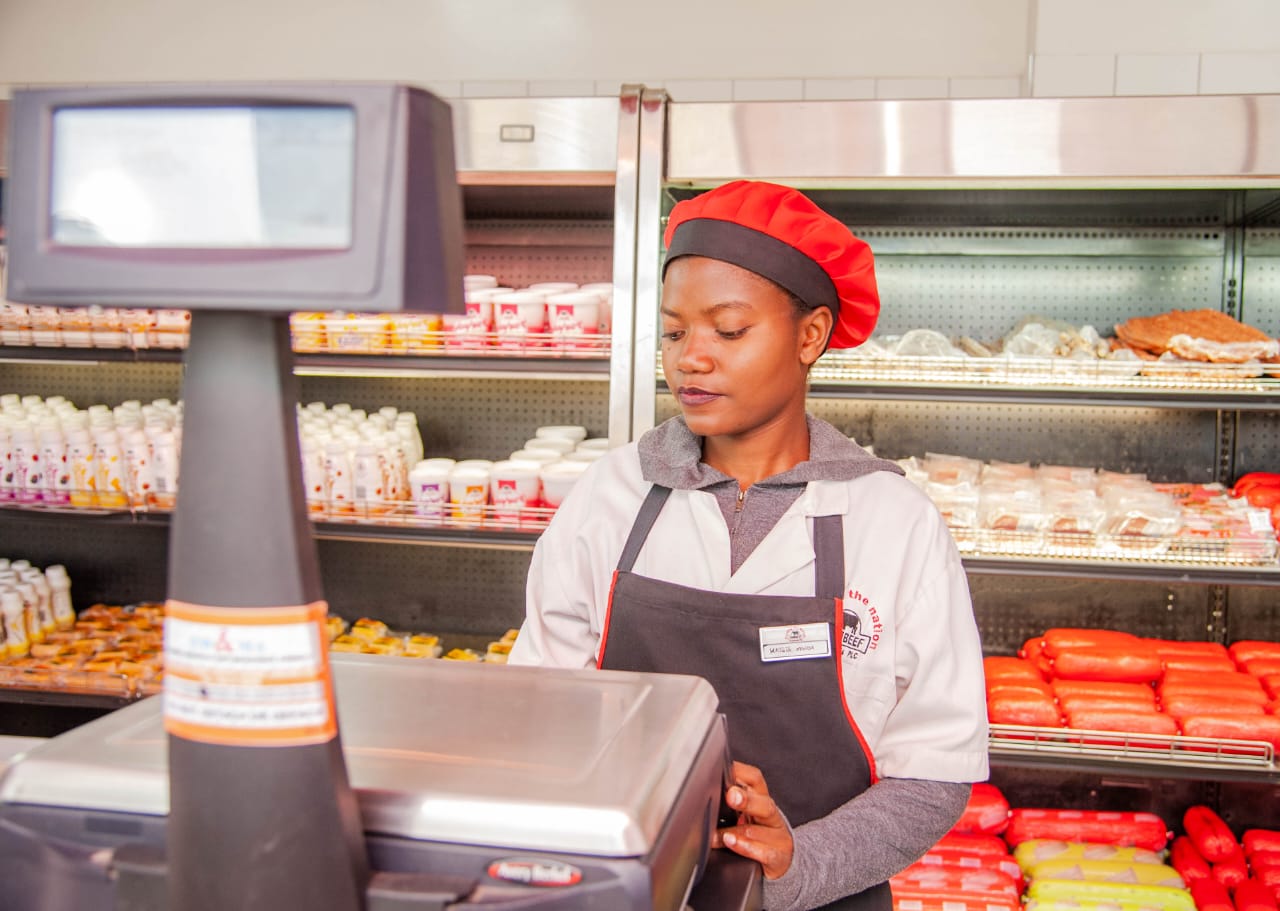By John Chola
A major new terrestrial fiber network project announced this week could provide a long-term solution to the persistent and frustrating internet connectivity issues plaguing consumers and businesses across Zambia.
The project, a partnership between Airtel Africa’s fiber arm, Telesonic, and global technology giant Nokia, aims to build a transformative, high-capacity fiber network spanning East and Central Africa.
For Zambia, a country where slow speeds and frequent dropouts have become the norm, the initiative signals a potential future of more robust and reliable digital infrastructure.
The announcement comes at a critical time.
Zambian users have endured persistent poor internet service, with complaints flooding social media and affecting productivity.
This situation has been severely compounded by the country’s erratic electricity supply, which causes frequent downtime for data towers and data centers that lack adequate backup power.
The resulting outages have crippled everything from mobile banking and online learning to remote work and business operations.
Unveiled at the AfricaCom conference in Cape Town, the new network is designed to be a backbone for the continent.
It will strategically connect the massive 2Africa subsea cable to terrestrial networks inland, promising to deliver more affordable and reliable connectivity deep into the region.
A key technological advantage lies in the infrastructure provided by Nokia. Their 1830 Photonic Service Switch (PSS) platform will enable the network to support staggering speeds of up to 38 Terabits per second.
This immense capacity is crucial for handling the region’s exploding demand for data and could help prevent the network congestion that often contributes to slow speeds in Zambia.
In a statement, Razvan Ungureanu, Airtel Africa’s Chief Technology Officer, said, “With Nokia’s Photonic Service Engine powering our DWDM network across multiple countries, we are setting the stage for transformative growth and new opportunities throughout the continent.”
While the project focuses on the wholesale backbone—the digital highways that carry data between countries and major cities—its success is expected to have a trickle-down effect.
By providing a more resilient and high-capacity core network, internet service providers in Zambia could, in turn, offer better and more stable services to end-users, even as they continue to grapple with local power challenges.
PD Sarma, CEO of Airtel Africa Telesonic, emphasized the broader mission, stating the network “will drive economic growth, empower communities, and create new opportunities for businesses and individuals alike.”
For many in Zambia, the development of such foundational infrastructure cannot come soon enough.
As the country seeks to deepen its digital economy, resolving the chronic instability of its internet connectivity is not just a matter of convenience, but a pressing economic necessity.
This new fiber network represents a significant step in that direction, offering a beacon of hope for a more connected and digitally resilient future.









Leave a Reply